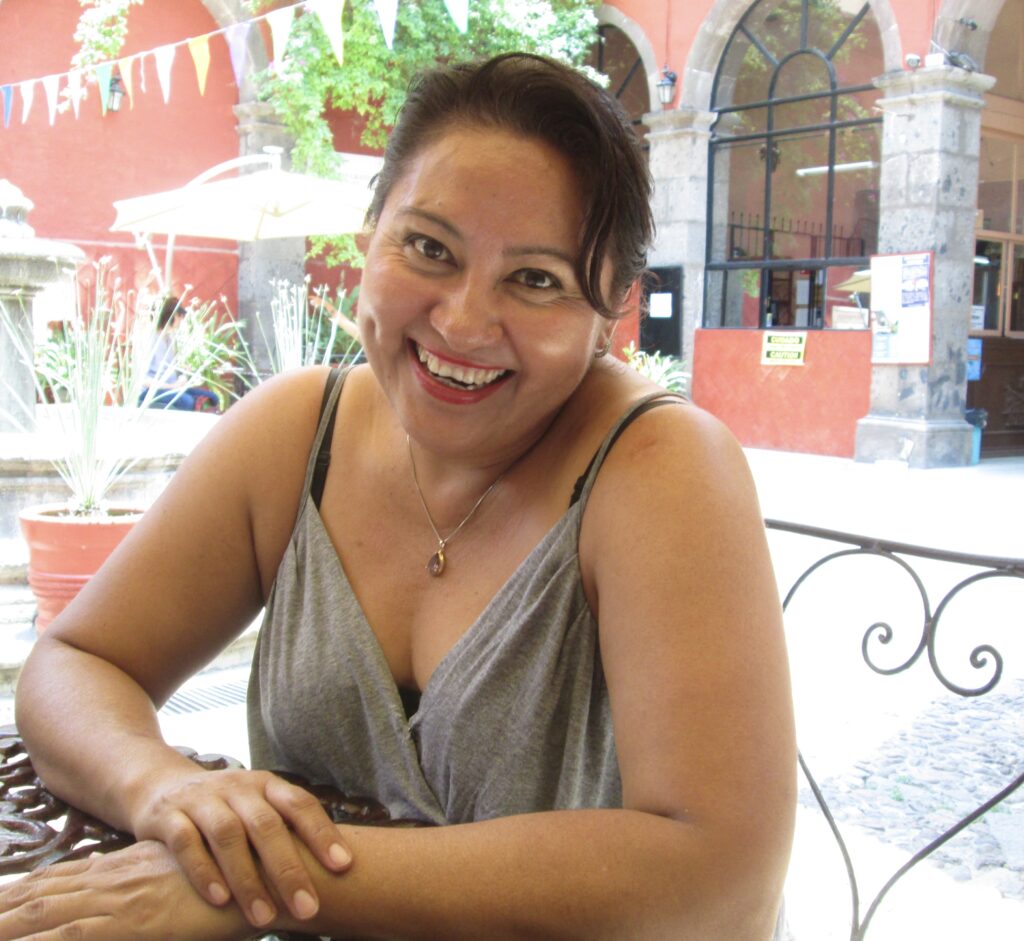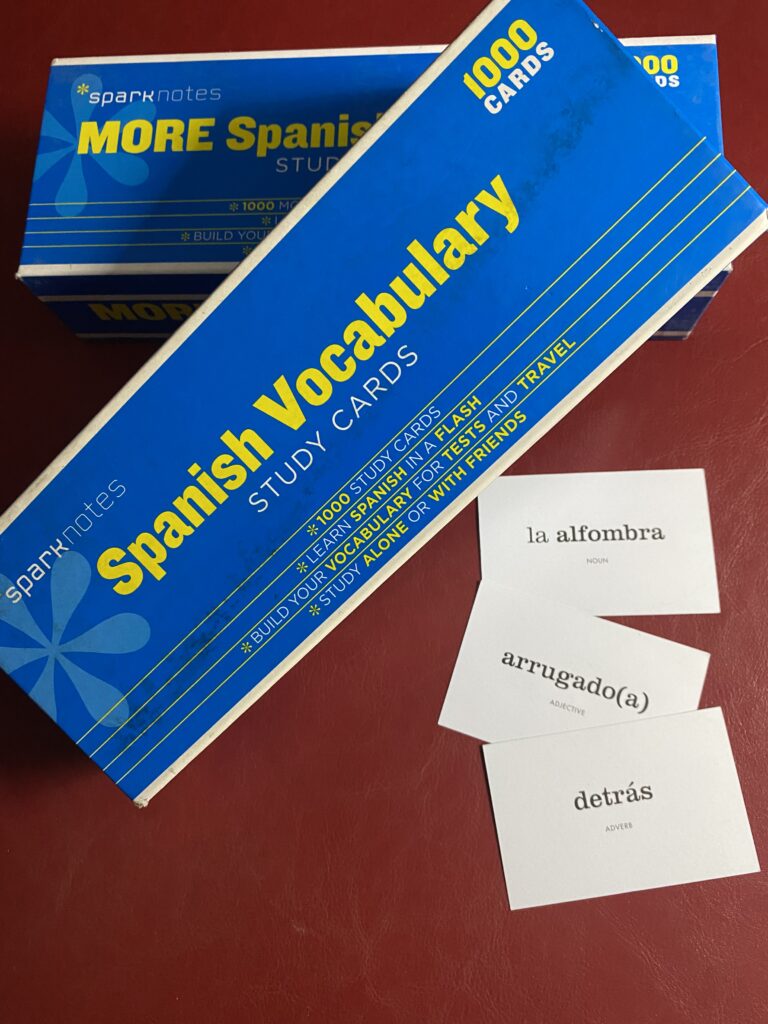Suddenly Facebook is telling me — in so many words and short videos, out of the blue – I need to learn French. This guy I call Al (short for Al[phonse] Guhrithum), who seems to know everything else about me, doesn’t appear to realize I’ve already been there and done that.
When I lived in Francophone Africa for five years (’96-’01), I had no choice. I was the only one around, apart from one American missionary who was seldom in town, who spoke English. For me it was speak French or don’t speak with anyone at all. So I learned. It wasn’t Parisian French, alas. But it was passable French. I got by.
One of my tricks was to memorize five new French words every day. Those words accrued, as accumulated things do over time. To the point where now, when these French-lesson ads pop up on Facebook – lively young French people anxious to teach me their delicious language so the next time I’m in Paris I won’t embarrass myself – I think, Merci, mais non. I’ve moved on to new words in another language. And I doubt I’ll ever make it back to Paris.
This new year, 2025, marks the tenth year I’ve lived full time in Spanish-speaking Mexico, and I wish I could tell you I’ve learned to speak Spanish fluently in all this time. Far, far from it, I’m afraid. I blame this failure on two main things: (1) There are way too many English-speaking gringos here in San Miguel de Allende; and many Mexicans – always so accommodating — speak better English than I do Spanish, and they like to practice their English with me. And (2), I’m more than a quarter century older than I was in Francophone Africa, and my brain has shrunk. I have the CAT scans to prove it.
But I haven’t given up! Determination is one of my middle names. I still have a private lesson every Monday afternoon at the Biblioteca with mi querida maestra (my dear teacher) Edith.

(My maestra Edith Matehuala, at the Biblioteca in San Miguel de Allende)
Edith and I focus our weekly sessions on conversation and culture. (I gave up memorizing dry grammar rules a long time ago.) Edith rattles on in Spanish about Mexico’s history, or current world events, or whatever her enormous family (she was one of thirteen children) is up to, or whatever else is on her always interesting mind. I try to follow it all, transfixed, and comment or question now and then.
Over lunch every day I do a Duolingo lesson or two. Once in a while I get a perfect score, and the little cartoony characters jump up and down and make a fuss. Positive reinforcement. And sometimes I half-watch Spanish programs on the TV in my studio in the evening while I’m doing something else, like painting.
But with this new year I’ve added a new facet, borrowed from my old French habit. I’m now choosing three — more doable than five — new-to-me words in Spanish to memorize and apply throughout the day. Yes, this was a 2025 New Year’s resolution. So far, so good. (But it’s still early in January.)
How this came about:
The last time I was in New York, about eight or nine years ago now, I bought two boxes of Spanish vocabulary study cards, each containing one thousand words, which I at the time (silly me) thought I’d zip through in no time:

Well, I recently excavated those unopened boxes from a storage bin, dusted them off, and decided to jump in. It’s now or never, I tell myself. Language learning is good for the old brain, I tell myself. This May I’ll turn eighty.
So now, as part of my faithful lifetime early morning ritual (tea drinking, journal writing, praying), I choose three Spanish words at random from the first box, and make a silly sentence using these three new words to repeat to myself throughout the day.
For example: Last Sunday’s word choices were la alfombra (rug), arrugado/a (wrinkled), and detrás (behind, in back of). The sentence I made of them was: La alfombra arrugada está detrás del sofa. (The wrinkled rug is behind the sofa.)
I’m treating this like a game, a little like language solitaire.
My new pal Al tells me again what we all already know, but it doesn’t hurt to repeat: “Learning a new language in older age can have many benefits, such as helping to protect against dementia, improve executive control, and enhance working memory. … Research suggests that you’re never too old to start learning a new language.”
The point is, I think, not to allow ourselves to atrophy. As long as we’re alive, to be truly alive and awake we must continue to learn and grow and maintain a healthy thirst for the new – new experiences, new books, new thoughts, new worlds, new languages, new words. Adiós por ahora.
